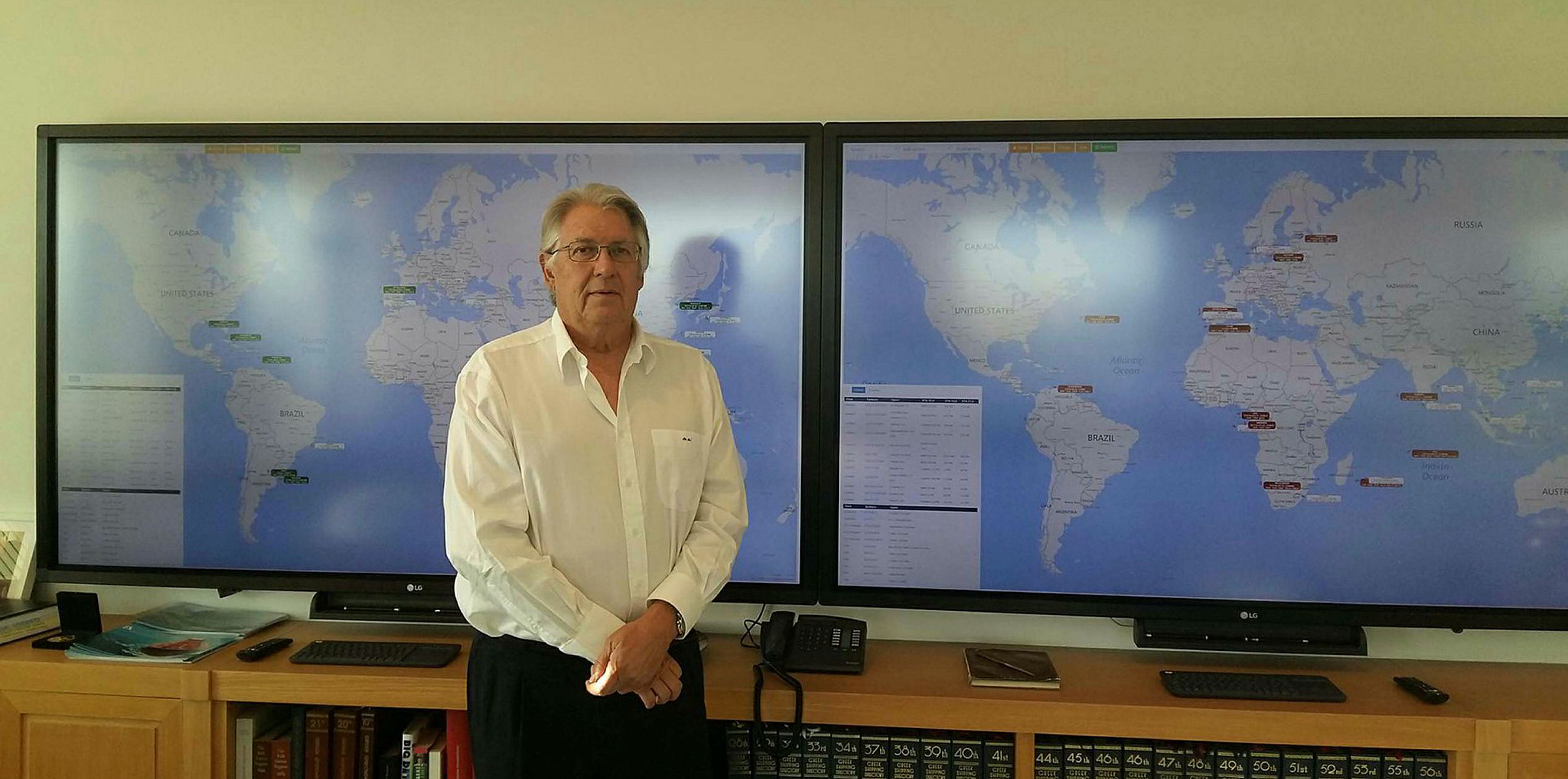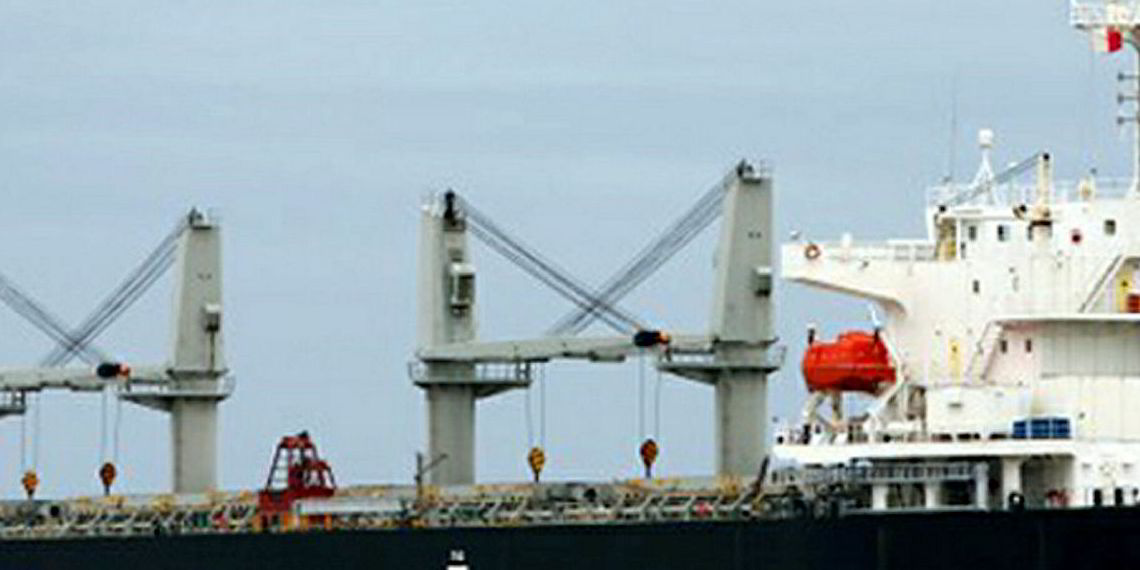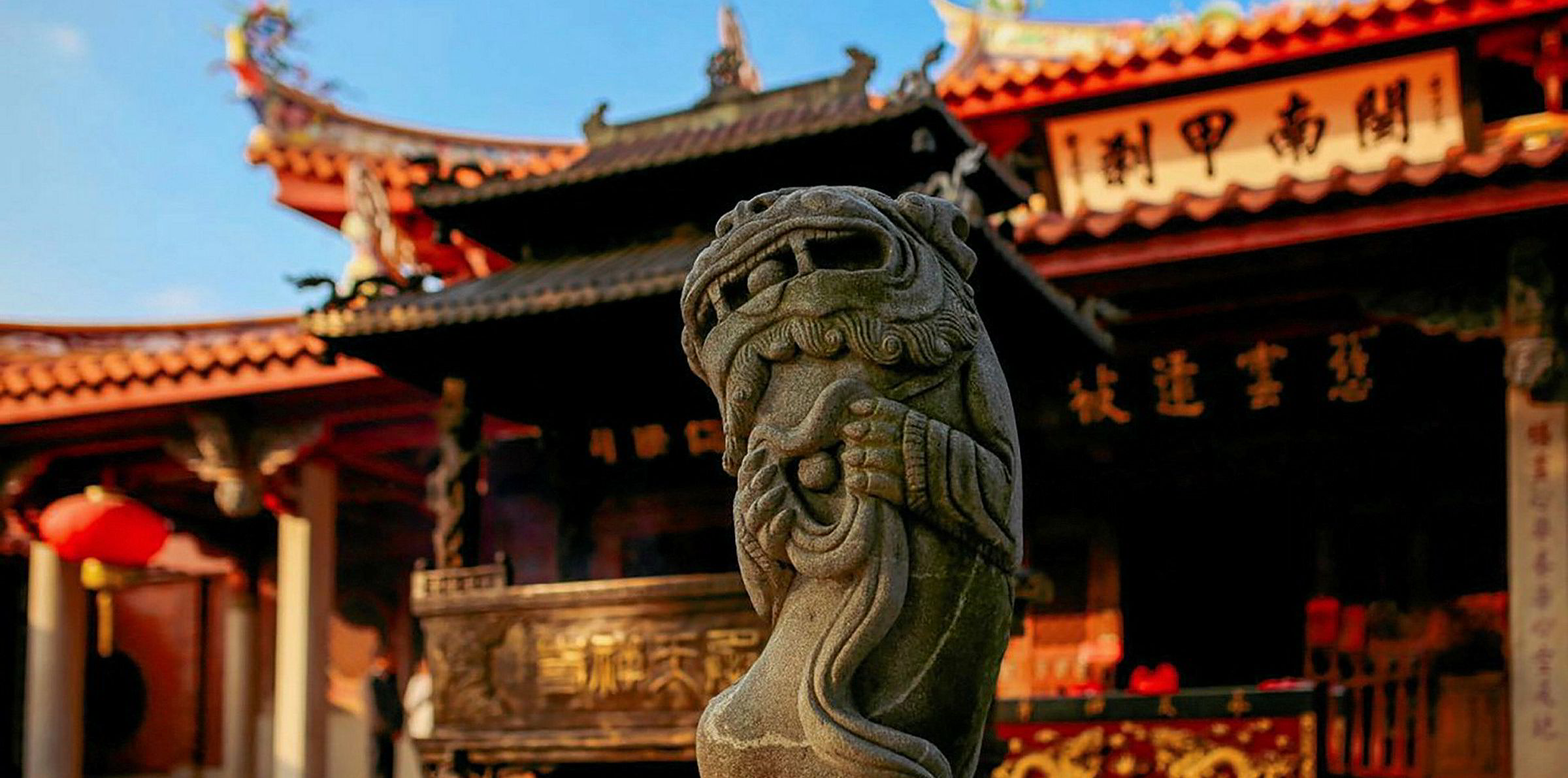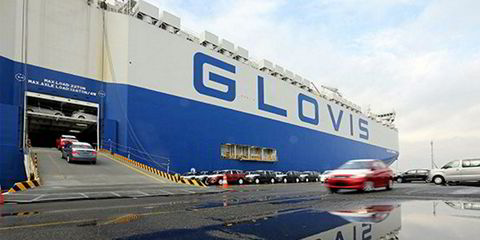Greek shipowners took a break from the secondhand market last year with many of the big guns loading up on newbuildings, particularly LNG carriers.
Data for 2018 also shows the value of secondhand tanker transactions paled in comparison with newbuilding orders, while secondhand moves in other segments continued, on average, making the country’s fleet younger and bigger.
Hellenic players acquired 290 vessels last year, a drop of 4.6% from the 304 ships bought in 2017, according to TradeWinds' figures.
Increase in spending
However, the amount of money spent increased, probably because asset values rose year on year, particularly for bulkers. Greeks paid out an estimated $5.5bn on their 2018 deals, which is 14% more than in 2017.
The figures include sale-and-purchase transactions and newbuilding resales of bulkers, tankers, containerships, gas carriers and passengerships that had been confirmed by the end of last month.
They also include about 25 ship transactions reported by brokers or other market sources that have yet to be confirmed. TradeWinds expects at least most of these to be firmed up soon. However, the statistics exclude so-called internal transactions.

Despite slowing their expansion pace, Greeks clearly remained net buyers last year.
The estimated $5.5bn they spent on the 290 vessels far exceeded the $4.1bn they raised from the sale of 204 ships.
Aggregate S&P figures show that Greeks added 11.5 million dwt of secondhand or resale tanker tonnage to their fleets in 2018, up 39% from 2017. They raised their spending on tankers by more than one-quarter from the previous year, to an estimated $1.9bn.
At the forefront
Diamantis Diamantides, Paris Kassidokostas-Latsis and Andreas Hadjiyiannis were at the forefront of that drive.
Diamantides' company Delta Tankers spent about $248m onthree VLCCs and three suezmaxes.
Latsis' firms splashed nearly $170m on four aframaxes and may have acquired another two in a $64m deal yet to be confirmed.
Hellenic Tankers spent nearly $100m on six tankers, ranging from panamaxes to VLCCs.
Other notable buyers on the S&P market that spent more than $100m last year were Embiricos' company Aeolos Management, Vardinoyiannis' company Avin International, Ionic Shipping, John Angelicoussis' company Maran Tankers and Polemis company Polembros Shipping.
However, the biggest bets on tankers last year did not take place in the S&P market. Secondhand transaction volumes are dwarfed by newbuilding orders placed by the likes of John Angelicoussis, Evangelos Marinakis, Yiannis Alafouzos, John Dragnis and the Tsakos Group.

This is probably due to stricter environmental regulations coming into force in 2020, which require vessels fulfilling higher technological and environmental standards in order to win the most lucrative charter contracts provided by the oil majors.
Players with plenty of cash also invested heavily last year in LNG carrier newbuildings. Martinos family companies Minerva Marine and Thenamaris ordered such ships and were barely present in the S&P market, apart from carefully targeted asset plays. Thenamaris sold just one bulker in 2018, but at a profit of about 65%. It acquired the ship at the bottom of the market in 2016.
Thenamaris tanker trick
Thenamaris may be about to repeat the same trick on the tanker front. It bought just two aframaxes last year from Greek peer Enesel for about $22m in total. Combined, they are worth more than $28m now, according to VesselsValue.
Even companies that had not been present on the tanker scene or abstained for years, made an appearance, such as Astra Shipmanagement and Transmed Shipping.
Greeks were generally quieter on the S&P front for bulkers, probably because prices have appreciated significantly since 2016. The total number they purchased in 2018 dropped by almost 9% from 2017, to 163 ships.
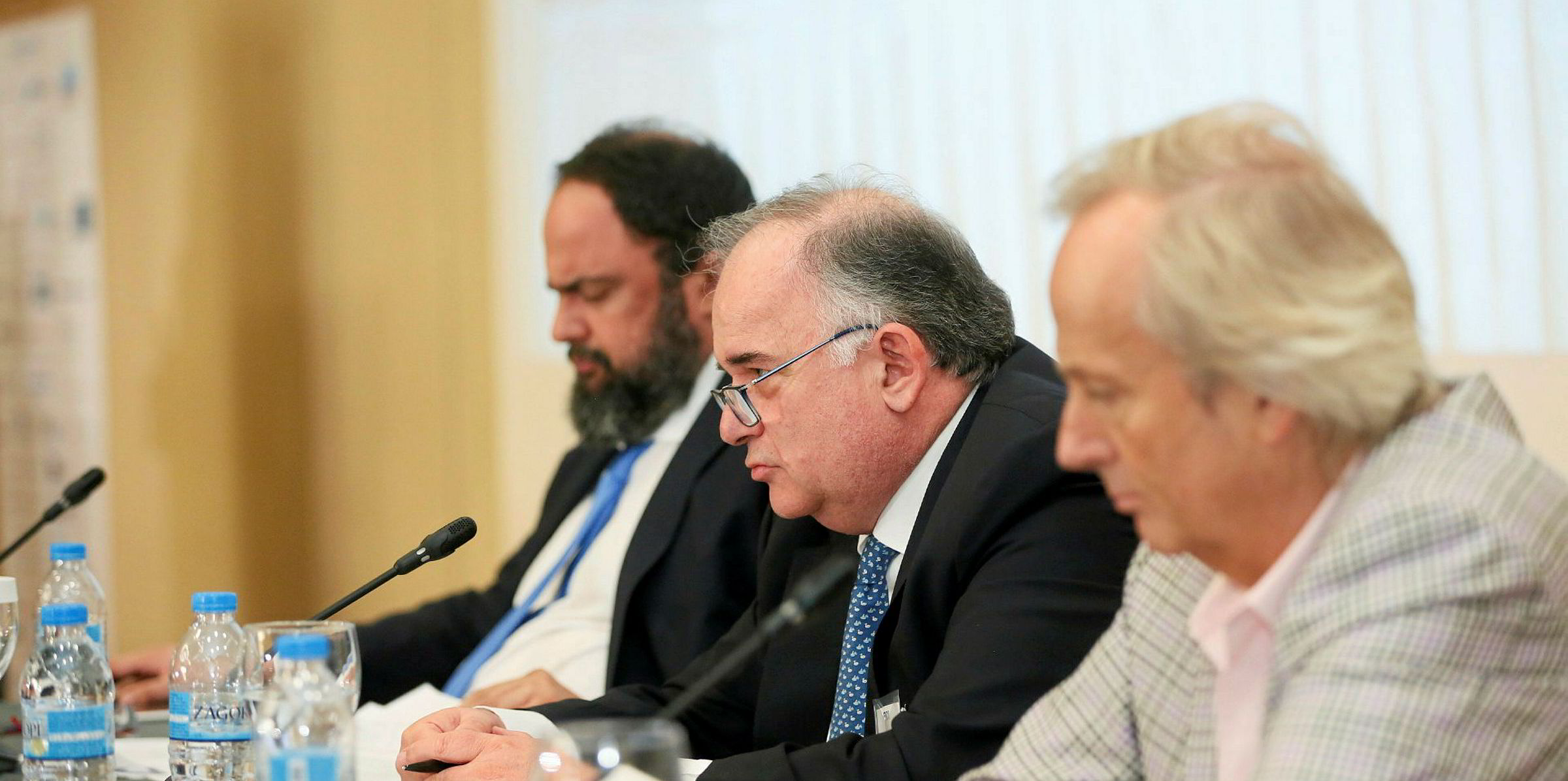
However, the numbers tell a different story in tonnage terms. Greeks bought 14.3 million dwt of secondhand and newbuilding resale bulkers last year, up by 9.2% from 2017.
This may be a sign of consolidation, with fewer and financially stronger companies acquiring fewer, but bigger, ships.
A total 84 Greek owners bought bulkers in 2018, 10 fewer than the previous year. One single player, Petros Pappas-led and Oaktree Capital Management-backed Star Bulk Carriers, accounted for almost one-third of the total S&P activity in terms of value, after landmark cash-and-share deals to incorporate ships from Italy’s Augustea and Norway’s Songa Bulk into its fleet.
Greeks also remained net buyers of containerships in 2018. The previous year’s trends continued, with players such as Navios Group, Contships Management and Costamare continuing on their course of fleet expansion or renewal. Notable sellers included Diana Containerships, which struggled to cut its debt load.
China concerns exaggerated
Concerns about stricter rules in China possibly denting the sale of secondhand ships to companies there proved exaggerated. Greeks have sold 18 vessels to Chinese interests since September, when stricter age limits for imported vessels took effect. Between January and August, 48 ships were sold to Chinese companies.
Therefore, Chinese firms remain the top buyers for Greek secondhand ships, purchasing 31% of all such vessels last year, up from 23%. Almost one-quarter went to other Greek buyers.
However, when it comes to buying ships, Greeks are looking across the China Sea to Japan. Japanese companies accounted for 23% of all secondhand or newbuilding resales purchased by Greeks last year, even though that was down from 28% in 2017. The share of sold Japanese vessels probably dropped because Star Bulk took over several vessels from non-Japanese owners. Greeks also bought another 20 ships from bankrupt Hellenic peer Toisa.
- A general conclusion from 2018 sale-and-purchase figures is that every Greek move on the secondhand market made the country’s fleet younger and bigger.
- The average size of the 163 bulkers Greeks bought in 2018 was 87,400 dwt, 19% bigger than those they purchased in 2017. The same phenomenon was even starker in tankers, where the average size of the 83 oil carriers Greeks bought increased by 22% in 2018 from 2017, to 138,200 dwt.
- The average age of all the ships Greeks bought in 2018 was about 10 years — two years less than the average age of the ships they sold. However, the rejuvenation of the fleet concerned bulkers, not tankers.
- The tankers Greeks bought last year had on average the same age (about 11 years), as the ones they sold.
- It seems that when Greeks smell an asset play, as happened with tankers this year, the age of a ship is not much of a consideration.
